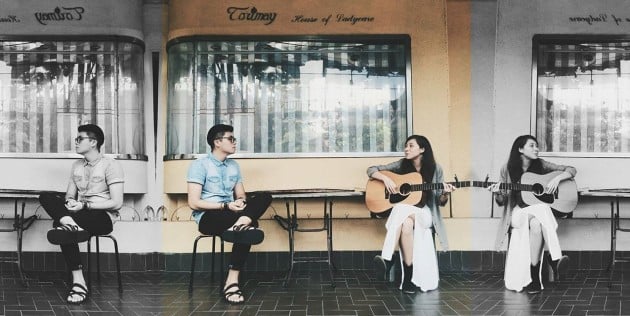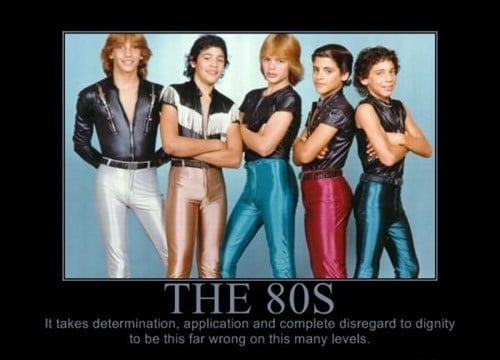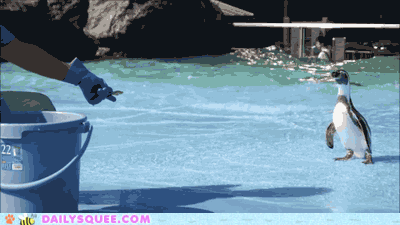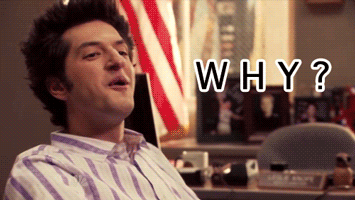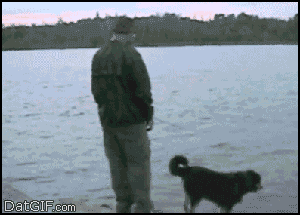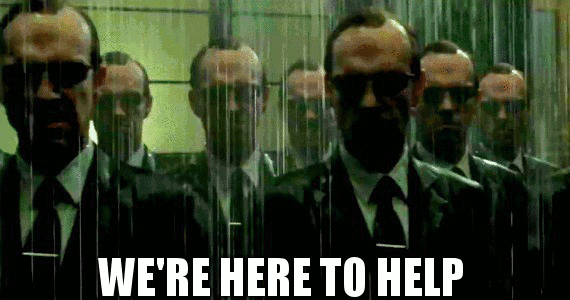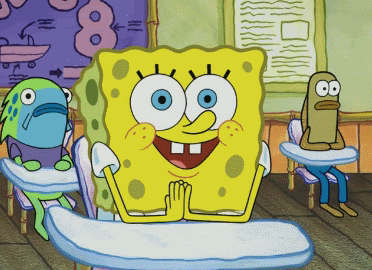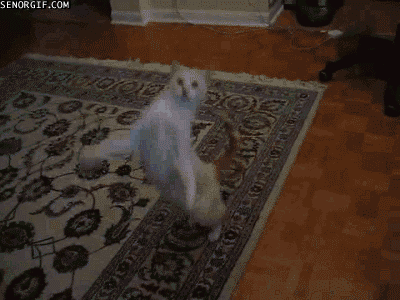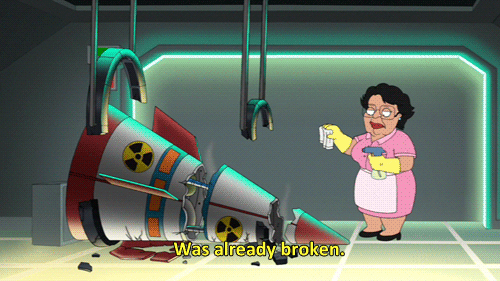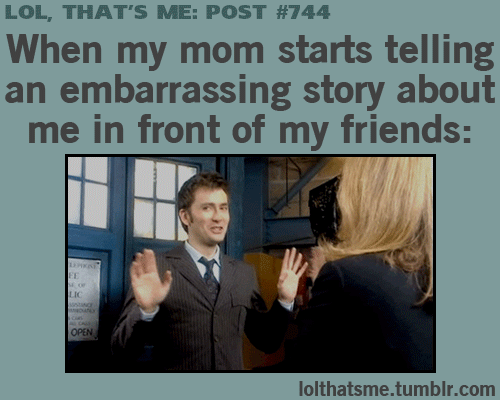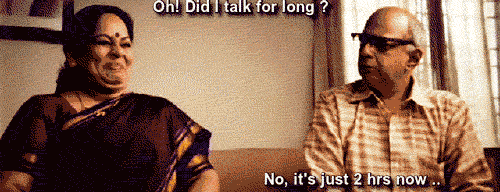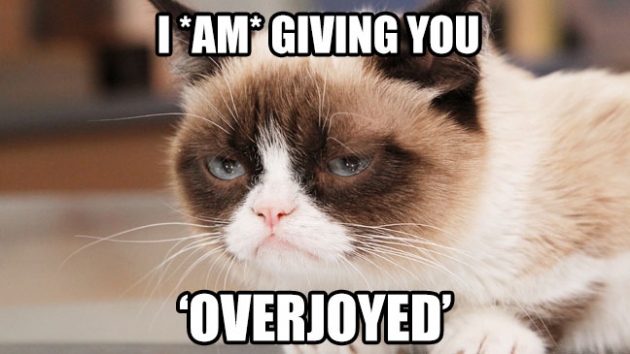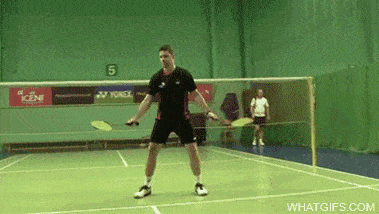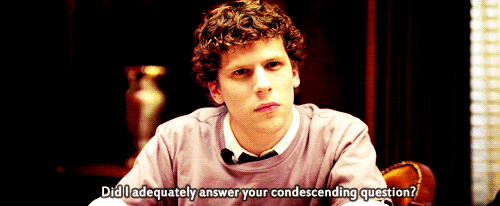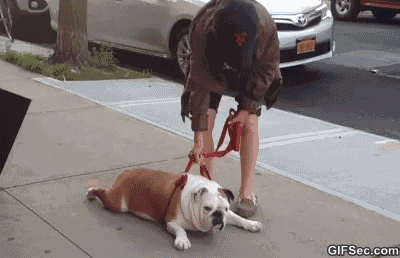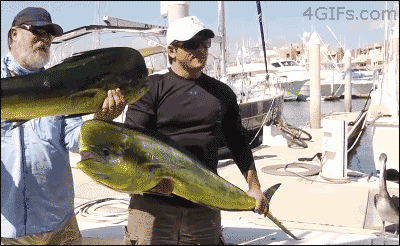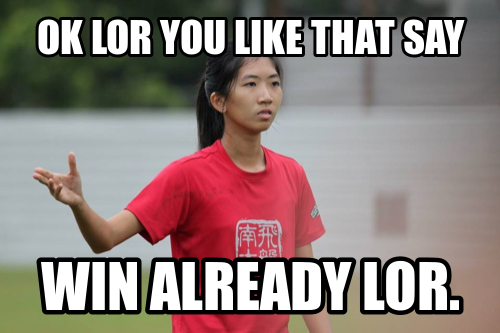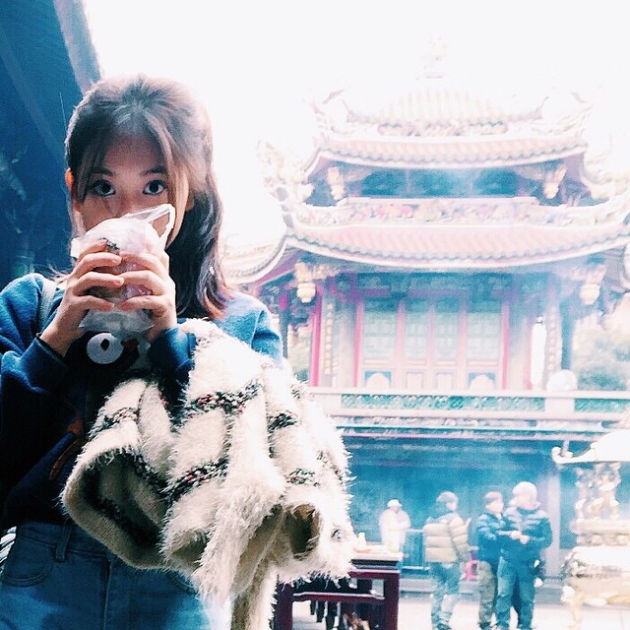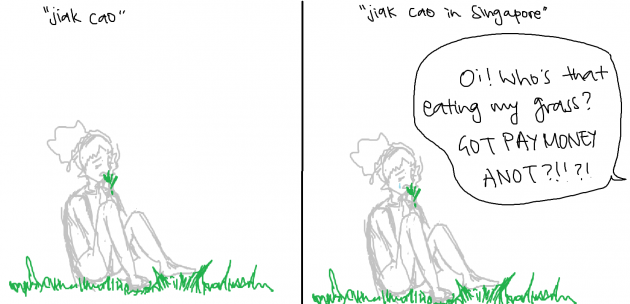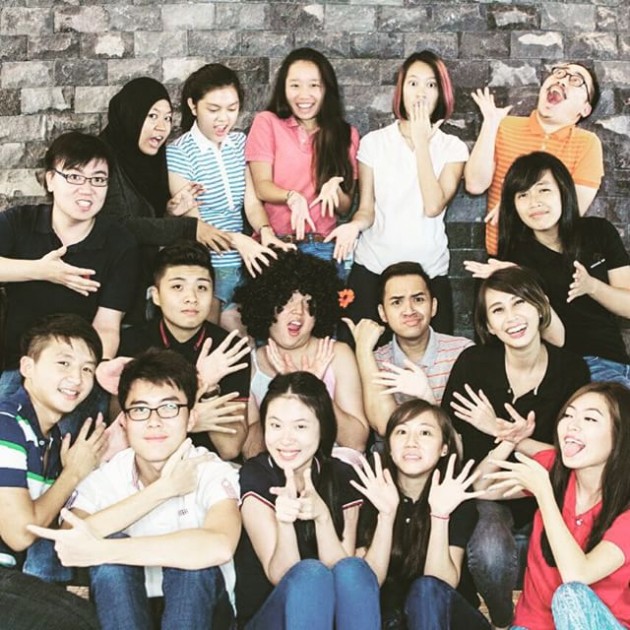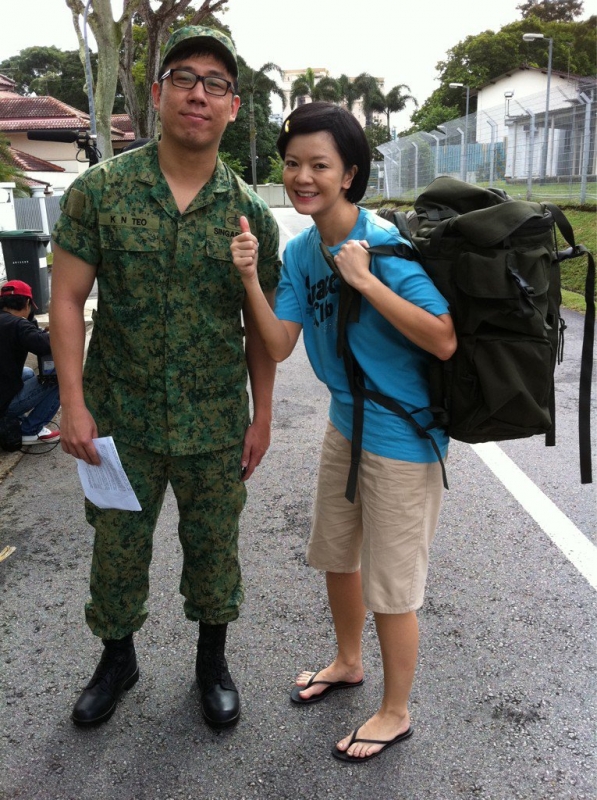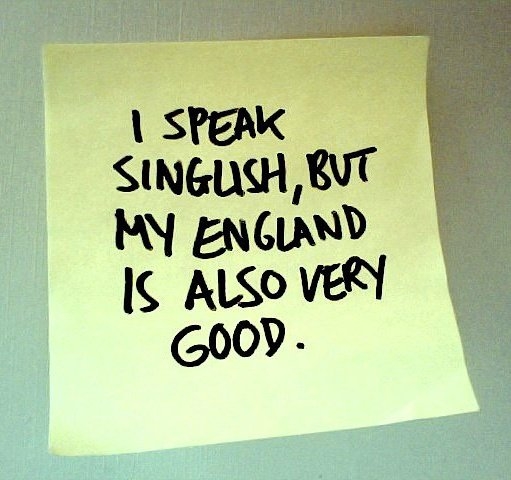Singlish words that should make a comeback
With the popularity of “new” words like swag, hashtag, and meh, many of us are struggling to keep up with the new words entering the dictionary. Local slangs like step (act cool) are also entering the Singlish lexicon, making it hard for the slightly older Singaporean to keep up.
But we Gen X-ers were cool once too! We had our own slangs that got lost over time, but those words were ours. We’ve forgotten more of these words than the Millennials have learnt, and I propose that we start using some of them again, for old times’ sake if nothing else.
Enjoy the trip down memory lane as we go through the evolution of Singlish.
1. Obiang
Usually relating to fashion, obiang is used to describe something as being old fashioned and therefore undesirable. Obiang things might still be accepted by older generations – fancy gold watches and tearable day-by-day calendars are examples of this.
Proper usage: “Which barber you go ah? Why your haircut so obiang one?”
Now we say: Outdated
2. Gabra
Describes someone who messes up, often in spectacular fashion due to nerves or performance anxiety. This is commonly used in the army, but there needs to be a wider appreciation of the word.
Proper usage: “Ask you to walk straight then turn left, you also can gabra? Sibei champion!”
Now we say: Screw up (boring, right?)
3. Because the sky so high…
Our favourite response when friends persistently ask stupid questions. True 90s kids will know the second part to “because the sky so high…” without even thinking. It sounds a *teeny bit* childish for us to say now, but hey, let the inner child out to have some fun!
Proper usage: “Why this exit sign blue color ah?” “Because the sky so high…”
Now we say: #ITZLIDDAT
4. Orbigood
My favorite Singlish word when in Primary School, orbigood is an exclamation of delight when seeing someone getting his comeuppance.
Proper usage: “Who ask James whole day never study? Now he fail PSLE. Orbigood!”
Now we say: Deserve it.
5. Calefare
A term for those who turn up to shake leg, with no (or even negative) contribution to whatever work is going on.
Proper usage: “Eh you nothing better to do don’t come here and calefare leh! We got deadline one!”
Now we say: Extra
6. Happy like bird
I still have a friend who uses this, but the fact that I associate the slang so much with him shows how rarely this phrase is used these days. Happy like bird simply means super happy, which you can *kind of* tell from the phrase itself 🙂
Proper usage: “Yesterday my boss approve my leave to go Bali, I now happy like bird!”
Now we say: Sibei shiok*
*Shiok is a catch-all word, but nothing else comes close
7. Itchy backside
Used to describe someone who can’t seem to sit still (that’s why itchy backside, geddit?), this person feels a need to get up in other people’s businesses when he has nothing to do.
Proper usage: “Why you so itchy backside go join Platoon 3? Later occifer angry then you know!”
Now we say: Nothing better to do
8. Limpeh Ka Li Gong
Popularized by I Not Stupid in 2002, limpeh ka li gong entered our lingo in the 90s. Literally translated from Hokkien as “my father tell you”, it tells the listener to listen closely to whatever is said next.
Proper usage: “Limpeh ka li gong, eat po chai pills, your stomachache sure gone one!”
Now we say: Tell you ah
9. Koyak
Koyak means that an object is spoiled. Anything can be koyak, with its usage being correct when referring to anything from an escalator to a person’s brain. A truly versatile word.
Proper usage: “The portable charger I buy yesterday koyak one. Cannot even use. Must go comprain.”
Now we say: Spoil already
10. Koyok
Not to be confused with koyak, koyok is the Singlish version of snake oil – something that isn’t as advertised. Can be used to describe imitation goods, and is also occasionally used to describe government propaganda.
Proper usage: “Eh her Chanel bag real one or koyok one?”
Now we say: Pirated / fake
11. Lao Kwee
Lao kwee implies a level of paiseh-ness that paiseh alone isn’t able to capture. Reserved for moments of extreme embarrassment.
Proper usage: “The teacher announce to the whole class that I got 30/100 for the exam, lao kwee man!”
Now we say: Malu
12. Luo Suo
Used derogatorily to describe someone who is longwinded. Most of us remember teachers, principals, or basically anyone older as being luo suo, but should remember that we’re now almost their ages!
Proper usage: “The principal so luo suo, ask him hurry up so we can go class sleep leh”
Now we say: Talkative
13. Bin chow chow
Literally means smelly face in Hokkien, bin chow chow refers to a person who looks grouchy. Usually used when out of earshot of said person, unless you want to kena whack.
Proper usage: “Eh why today boss bin chow chow one ah?” “Dunno lei maybe yesterday never win 4D.”
Now we say: Black face
14. Pattern more than badminton
The English version of the saying pattern chay kway badminton, it describes an “innovative” person who thinks up excessively inventive solutions to do (or to avoid doing) tasks he is given.
Proper usage: “Ask him to do one assignment, he also can pattern more than badminton don’t do.” Now we say: “Creative”
15. Pok kai
Being pok kai means to be penniless. A common excuse to avoid going out with friends. Sometimes said while turning pockets inside-out or showing an empty wallet to emphasize the point.
Proper usage: “Tomorrow I cannot watch James Bond because I buy the Prada bag, pok kai liao!” Now we say: Broke
16. See Me No Up
Used to accuse someone on looking down on you, see me no up is usually followed by isit??? Can be a precursor to a fight breaking out or a regular complaint.
Proper usage: “John say I confirm won’t pass my exams, damn see me no up!”
Now we say: Look down on me
17. Tuang
Tuang means to hang out and not do anything, commonly used in reference to not going for classes. Popular places to tuang included neighborhood shopping malls, Orchard Road, and your home.
Proper usage: “Today weather so shiok, I just feel like tuang-ing at home.”
Now we say: Chill, nua
18. Kapo
Hands up if you’ve ever kapo-ed free things from NTUC. The free samples I mean, not the products for sale! Kapo means to “legally” steal something, usually minor items.
Proper usage: “Haiyoh that Clarisse always kapo my pen. Need to scold her liao.”
Now we say: Kope
Keeping Singlish alive
To help piece this article together, we looked to the Singlish databases at the Coxford Singlish Dictionary and the Singlish Dictionary for reference. Here’s to them memorialising Singlish the way we remember for future generations.
What are some words we have missed?
I can read minds. You will also like:
|
|
|
|
